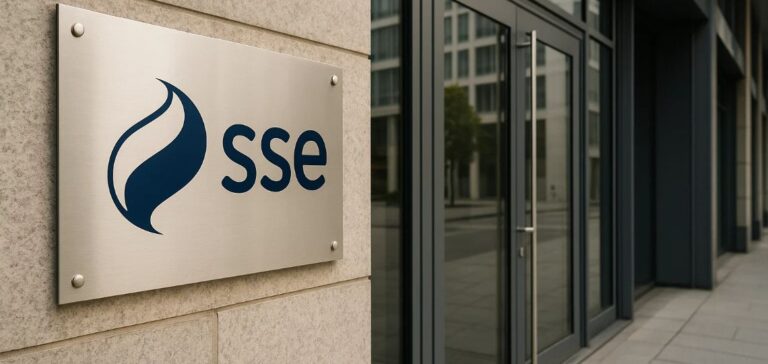SSE plc, one of the leading electricity infrastructure operators in the United Kingdom, reported an adjusted operating profit of £2.42bn ($3.08bn) for the year ending 31 March, in line with its annual guidance. The group simultaneously invested a record £2.9bn ($3.69bn) in energy infrastructure projects, marking a transformative year for its networks and renewables divisions.
Strategic asset deployment gains pace
The group reached several milestones across its development projects, including the installation of 50% of the turbines at the Dogger Bank A offshore wind farm, which is expected to be fully operational in the second half of the year. SSE also energised the 260km Shetland HVDC (high-voltage direct current) link and completed the 443MW Viking wind farm, for a combined investment exceeding £1bn ($1.27bn).
SSE initiated construction of the Eastern Green Link 2 (EGL2) transmission project, a 500km subsea connection between Scotland and England in partnership with National Grid plc. The company also submitted all major substation consents for its ASTI and LOTI transmission projects, with construction progressing on schedule.
Investment plan revised through 2027
Responding to changing macroeconomic conditions and extended regulatory timelines, SSE revised its five-year capital investment plan to £17.5bn ($22.29bn) through March 2027. This equates to an average of nearly £8mn invested daily over the past year.
The networks and renewables segment contributed 87% of this year’s adjusted operating profit, up from 63% the previous year. This increase reflects solid operational performance and one-off regulatory cost recoveries. Conversely, the flexible thermal division saw a 75% decline in adjusted profit, driven by an anticipated drop in wholesale price volatility.
Outlook and financial results
Adjusted net profit attributable to ordinary shareholders stood at £1.77bn ($2.25bn), stable year-on-year. The results were delivered despite an increase in the effective tax rate, which moved from 16.9% to 13.9% on an adjusted basis. Adjusted earnings per share were 160.9 pence, in line with stated objectives.
Commenting on his final financial results before stepping down, Chief Executive Alistair Phillips-Davies said: “We have met our financial goals for the year and adapted our investment plans to the changing economic environment.”






















